Steering Committee
Nine experts from the field of vaccine research provide guidance on key CoReVac activities, such as the identification of the network priorities and objectives.
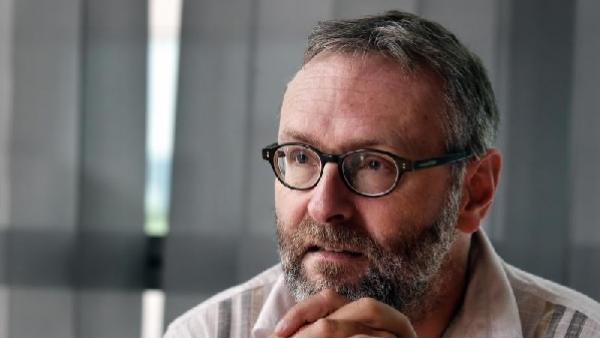
Camille
Locht
CoReVac Coordinator
Biography
Camille Locht is currently Research Director (Inserm) and heads the Center for Infection and Immunity of Lille at the Institut Pasteur de Lille in France. He obtained his PhD at the Catholic University of Leuven in Belgium in 1984. After 3 post-doctoral years at the NIAID (USA), where he cloned the pertussis toxin genes, he joined SmithKline – Beecham (now GSK) to help develop acellular pertussis vaccines. In 1989, he joined the Institut Pasteur de Lille, where he has been the Scientific Director from 2002 to 2013. His research focus lies in molecular pathogenesis of respiratory infections, essentially pertussis and tuberculosis, with the aim of developing new vaccines against both diseases. A very powerful molecular typing system for mycobacteria and a live attenuated nasal pertussis vaccine both developed in his laboratory are now in the market and in phase 2 clinical development, respectively. Author of more than 300 international publications and more than 30 patents, he has obtained several research awards in France.

Brigitte
Autran
Biography
Brigitte Autran, co-founder and previous coordinator of CoReVac (2012-19), is currently Professor Emeritus at Sorbonne-Université (SU), within the Faculty of Medicine and a member of the research team “NK and T cell immunity to viruses and cancer”. She was previously Professor of Immunology at University Pierre et Marie Curie (UPMC), Faculty of Medicine and Head of the research team “Immunology and Immunogenetics of viruses and vaccines” at the Center for research on Immunology and Infectious Diseases (Cimi-Paris, UMR1135) at the Pitié-Salpétrière University-Hospital and Faculty of Medicine. She had also headed the Clinical immunology department at Pitié-Salpétrière University-Hospital. She has been a member of the French Comité Technique des Vaccinations (CTV: 2003-16) and of the WHO Global Advisory Committee on Vaccine Safety (GACVS: 2007-13) in charge of vaccines in immune-suppressed populations. Her research career is dedicated to the study of virus and vaccine immunity and has brought major contributions to: i) cellular immunity to HIV, providing a rationale for vaccines against HIV; ii) immune reconstitution with anti-retroviral therapies; and iii) therapeutic vaccines against HIV, developing basic, translational and clinical national and international programs. Her contributions to the understanding of vaccine immunity included the demonstration of long term memory to vaccines and the evaluation of vaccine immunogenicity, notably in immunosuppressed individuals.
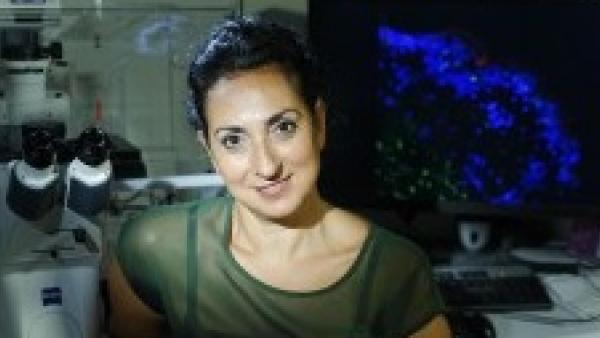
Béhazine
Combadière
Biography
Béhazine Combadière is Director of Research at Inserm, and head of the “Skin, Immunity and Vaccination” laboratory at the Center for Immunology and Microbial Infections (CIMI-Paris). She was deputy director of CIMI INSERM Unit 1135 from 2014 to 2018.
In 1993, she obtained her PhD in Immunology on the regulation of HIV-specific CD8 responses. From 1993 to 1997 she was post-doctoral fellow at the NIH in Bethesda (MD, USA) studying of variability of antigens on the quality of T cell responses. Since 1998, she devoted her research to understanding immunity to vaccines. She has a large expertise in Vaccinology and immune memory to infectious diseases as well as skin immunization with the development of transcutaneous immunization using hair follicle targeting method. She coordinated the EU-FP7 European project CUT’HIVAC (Cutaneous and mucosal HIV vaccination) and has been awarded by FRM. Currently, she is involved in H2020 European AIDS vaccine initiative (EAVI2020) project for the development of HIV vaccine candidates and is co-director of International Vaccinology courses of Institute Pasteur of Paris since 2017.

Evelyne
Jouvin-Marche
Biography
ccccccc
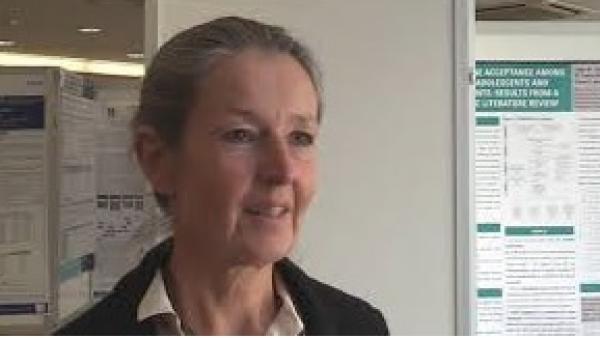
Odile
Launay
Biography
Odile Launay is Professor of Infectious diseases at the University of Paris, and medical doctor at Cochin Hospital. She is the Director of the CIC Cochin Pasteur, a clinical investigation center dedicated to vaccine research based in Paris. She is the Coordinator of the French Innovative Clinical Network in Vaccinology (I-REIVAC) in the FCrin Program whose mission is to promote clinical research in vaccinology in France in partnership with academic and industrial researchers. She is member of the board of the College of Teacher of Infectious Disease (CMIT). She was vice-Chair of the Technical Committee on vaccination (CTV) until 2016. Her expertise in infectious diseases and vaccinology led her to take part in many national and European researches with public health institutions.
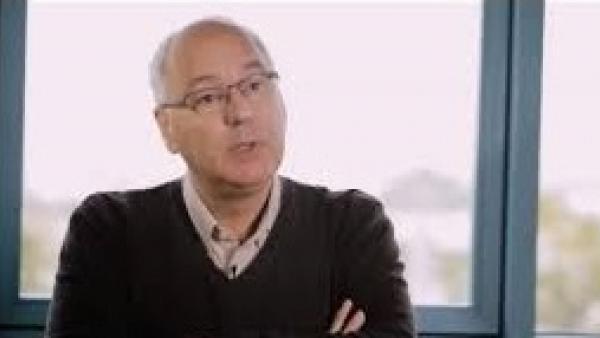
Roger
Le Grand
Biography
Dr Roger Le Grand has been heading the Immuno-Virology Division (link to the website) at the Institute of Emerging Diseases and Innovative Therapies at the Commissariat à l'Energie Atomique et aux Energies Alternatives (CEA), France, since 2007. Dr. Le Grand has worked as an expert providing consulting services to several French national research agencies, the French government, the Bill and Melinda Gates Foundation, as well as the WHO. His research interests previously focused on non human primate models of human viral infections for study host/pathogen interactions and prevention of virus transmission. Nowadays, Dr. Le Grand’s research group is developing NHP models for HIV, HBV, Dengue, Yellow Fever and Chikungunya. He is particularly interested in analyzing the molecular and cellular mechanisms that play a role in chronic viral infections as well as emerging viral infections.
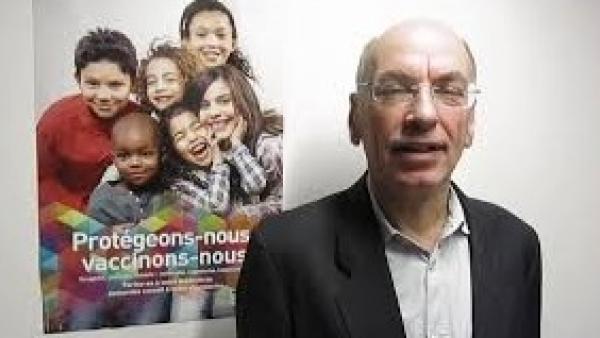
Daniel
Lévy-Bruhl
Biography
Dr Daniel Lévy-Bruhl is a medical epidemiologist, with a Master in Public Health. After having worked as a free-lance consultant for UNICEF and WHO, he joined the Communicable Diseases and Immunisation Unit of the International Children Center in Paris in 1986. In 1997, he joined the French National Public Health Agency (Santé publique France) where he is the head of the Respiratory Infections and Vaccination Unit. The main function of this unit is to generate vaccine coverage data and monitor the epidemiological impact of the National Immunization Program. The unit is also actively contributing to the expertise for the Ministry of Health regarding control of acute respiratory and vaccine preventable diseases outbreaks and large-scale health threat (smallpox, SRAS, pandemic influenza…). Since 1997 he has represented Santé publique France in the French National Immunization Technical Advisory Group (CTV).
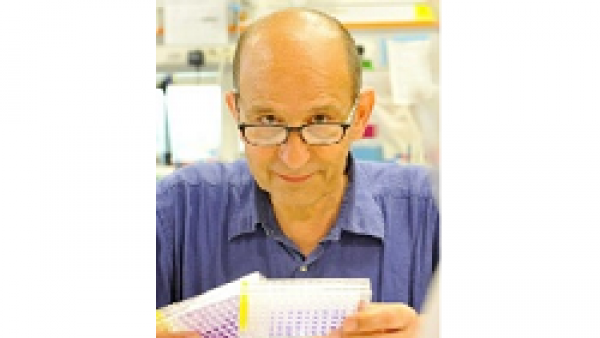
Frédéric
Tangy
Biography
Frédéric Tangy, PhD, Docteur es Sciences, is Research Director at CNRS and Professor at the Institut Pasteur, Head of the Viral Genomics and Immunization Unit. Expert virologist and vaccinologist, former vice-president of the Scientific Council of the Institut Pasteur, he founded and directed the international Vaccinology Course of Institute Pasteur. He is the author of more than 150 original articles in international journals and the inventor of 25 patents. His research is devoted to understanding virus-host interactions in the control of innate immunity by viruses, especially the measles virus. It has set up a technology platform capable of developing modified measles vaccine viruses for immunization and treatment in the areas of HIV, dengue, chikungunya, Zika, Lassa, Ebola and others. A chikungunya vaccine from this platform, successfully tested in phase I and II clinical trials, is currently in phase III. He has also modified this platform to develop an immuno-oncolytic treatment against cancer. He founded the company Oncovita to develop these treatments.
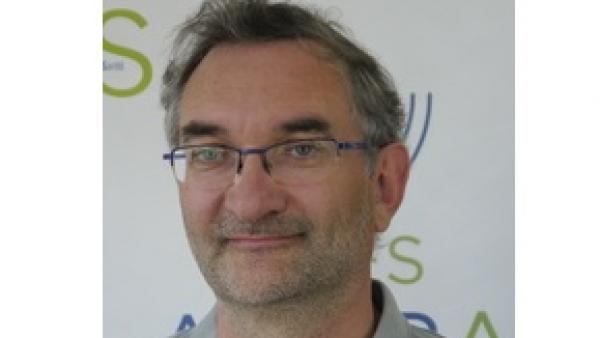
Pierre
Verger
Biography
Dr. Pierre Verger is currently Director of the South-Eastern health regional observatory (Observatoire régional de la santé Paca) at Marseille. As a senior epidemiologist and public health specialist, he is also a member of UMR VITROME (Vectorial Infections in TROpical and MEDtiterranean areas), the Reasearch Institute for development and the Aix-Marseille University. He has 20 years of experience in developing, analysing and publishing population-based studies in different population groups (general population, students, health professionals, etc.) and on various public health issues. Dr. Pierre Verger is especially invested in social science research regarding attitudes and practices of general practitioners when caring for various diseases, and implementing prevention activities, particularly in the field of vaccination.
ITMO I3M – Aviesan
CoReVac incentives are coordinated under the auspices of the Aviesan Institute for Immunology, Inflammation, Infectiology and Microbiology (ITMO - I3M), which provides advisory and coordination support.
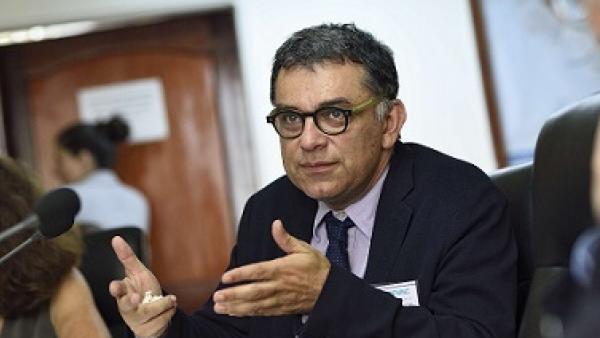
Yazdan
Yazdanpanh
Director I3M
Biography
Professor Yazdan Yazdanpanah (MD, PhD) is currently the Director of the Aviesan Institute of Immunology, Inflammation, Infectiology, and Microbiology (I3M), the Head of an Inserm team on decision analysis in Infectious Diseases, the Head of Infectious Disease department at Bichat Claude Bernard Hospital, and Professor of Medicine at Paris Diderot University, France. Yazdan Yazdanpanah became an MD from the Lille School of Medicine, France in 1996, first as a hepato- gastro-enterologist in 1996 and next an infectious disease specialist in 2002. He obtained a Master of Science degree in epidemiology from the Harvard School of Public Health, Boston, US in 2000, and a Ph.D degree in public health from the Bordeaux School of Public Health in 2002. His research interests include the clinical epidemiology of HIV, viral hepatitis, emerging infectious diseases and the pharmaco-economics of antimicrobial agents.
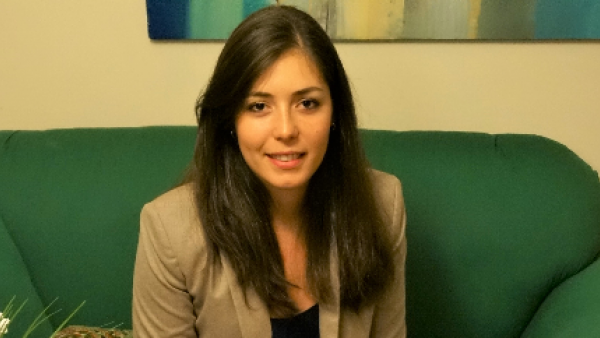
Guia
Carrara
Project Manager
Biography
Guia Carrara, currently Program Manager for the I3M Institute of Inserm, provides support in the coordination of French nation programs and incentives with the objective to support and stimulate research in response to current scientific challenges in the field of infectious diseases, such as antimicrobial resistance and vaccine development.
She obtained a PhD in Virology from the University of Cambridge in the vaccinia virus lab. of Prof. Geoffrey L. Smith, a Master in Pathology of Viruses from Imperial College London, and a Bachelor’s degree in Molecular Biology from the University of Kent. She also has experience as a Postdoctoral Research Associate leading a fundamental research project at the interface of virology and oncology. Her experience and interests range from infectious diseases, host-pathogen interactions and the regulation of cellular processes, such as cell migration and invasion, apoptosis, and ion channel activity.
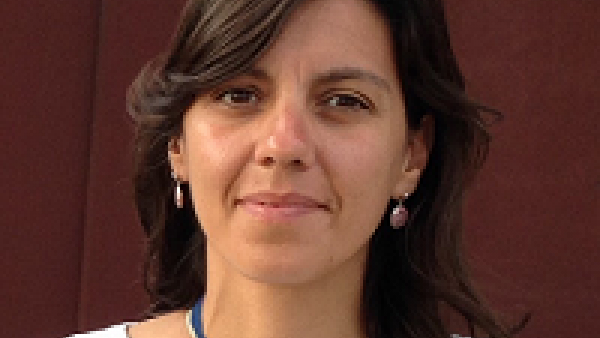
Inmaculada
Ortega Perez
Project Manager
Biography
Inmaculada holds a MPH from the Pasteur-CNAM School in Paris and PhD in Immunology from the Universidad Autónoma de Madrid. As a postdoc, she worked at the Institut Pasteur and at the Institut du Cerveau et de la Moelle Epinière in Paris on the pathophysiology of neurodegenerative disorders. After an internship at the Health Department of the Agence Française de Développement on the strengthening of health systems in LICs, she joined the Agence de la Medécine Preventive where she provided technical assistance to GTCVs (National Consultative Technical Groups for Vaccination) for their establishment and capacity strengthening. She then moved to the International Affairs Direction of the Institut Pasteur to coordinate research programs within their International Network, including the BIRDY program on antibiotic resistance. Inmaculada joined the I3M in March 2019 as project officer for Ebola vaccine programs.

